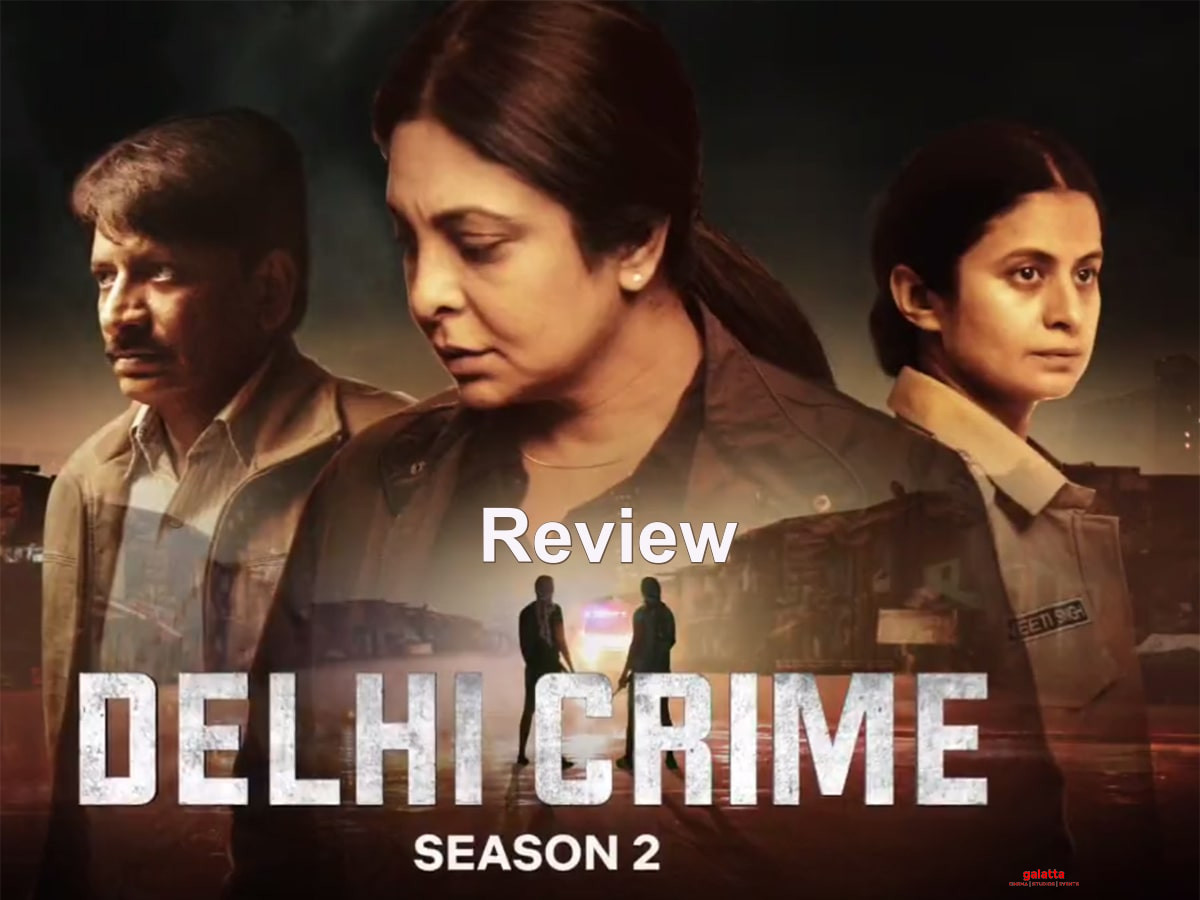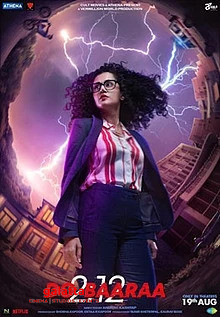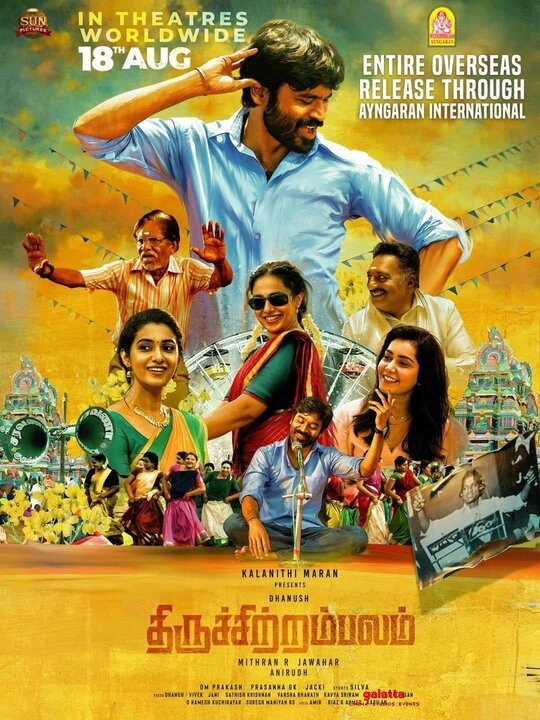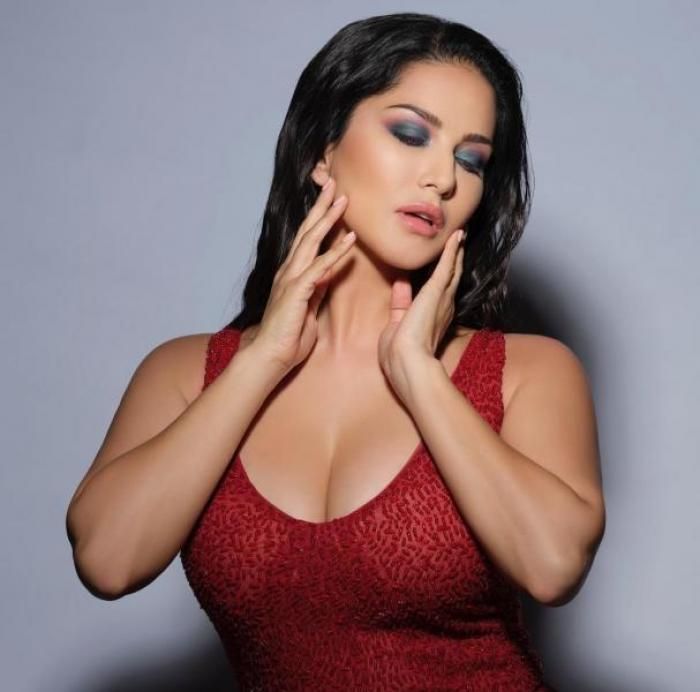Delhi Crime Season 2 Movie Review (2022)
Season 2 of 'Delhi Crime' is a worthy sequel, with a top-notch cast and writing that makes it more than just another police procedural

Delhi Crime Season 2 Movie Cast & Crew
Season 1 of Delhi Crime was about the gang rape case of 2012, which occurred in Delhi. But it was equally about what it's like to be a police officer. DCP Vartika, played by Shefali Shah, says these words: "One third of Delhi's population lives in unauthorised slums and serves the elite, who earn the highest per capita income in India. Policing a city like this one is a complex task…" In other words, Season 2 is more of the same. You have to face the media, which will do anything for ratings, including the reveal of footage being used in an investigation. You have to face the public, which sometimes wants vigilante justice ASAP. You have to face your higher-ups, who say impossible things like "I want an answer in 24 hours". But most of all, you have to face your family, the one that rarely sees your face.
One of the most striking images in Season 2 is that of the Rasika Dugal character telling her husband that his breakfast is ready, while in uniform. As for Vartika, she faces a daughter who thinks she is controlling and yet is proud of her achievements. Rajesh Tailang wants to get his daughter married off, and is looking for ways to kickstart the process behind her back. It's a testament to this excellent cast – right down to the junior artists and guest stars like Tilottama Shome – that we care deeply about every single one of them. A cop in Vartika's team thinks she is leaving them and begins to make a speech about how she has always treated them like family. The scene is a joke and we laugh, but we also get how sincere and how grateful the cop was. You'd be sincere and grateful, too, if your work family was this supportive, almost making up for the family you leave behind for hours and days at a stretch.
The first image of Season 2 is that of Vartika's face. She's in her car, and the composed authority we usually see is replaced by a defeated expression. She looks as though she's seen a ghost. As great as the other actors are – especially Rasika Dugal and Rajesh Tailang – the face of Delhi Crime is the face of Shefali Shah. It's the quiet assurance when she tells the daughter of a brutally murdered couple, "You don't want to see their faces. That is not the last memory you want to carry with you." It's the way she gently but forcefully puts a bigot in his place. (This man is a former cop and he has been summoned for help with a case.) It's the way she receives the big news at the end, which makes us wonder what Season 3 will look like.
Tanuj Chopra is the director, and over five episodes, he and his writers expertly take us through the investigation of a series of murders in upscale neighbourhoods. Along with a ton of procedural detail – I was reminded of Rajeev Ravi's recent Malayalam movie, the excellent Kuttavum Shikshayum – we get to look at the case from a ton of angles. Take this breakfast conversation between Vartika and her husband. He says Delhi has only x number of policemen per lakh of people, and it sounds like a bit of "look we did all this research" fact-dropping. But the writing instantly fills this dry fact with emotion that reveals a facet of personality. When he adds that Vartika, therefore, cannot solve each crime, she replies, "Even if I stop one crime, it's worth it."
Or take this exchange with Bhupinder, the Rajesh Tailang character. Vartika asks him a rhetorical question. What are we doing wrong? Why isn't the crime rate decreasing? The ever-practical Bhupinder turns this bit of existential hand-wringing into dry fact. "Well, where is the time to think about this? Even before we begin thinking, another crime happens." These slow detours flesh out the inevitable race-against-time aspects of the series. And the detours are not always about these cops. It is also about the city and its people, like the denotified tribes that come under suspect. There's a moral dimension here. The entire group is under suspicion just because they are underprivileged. As a lawyer asks, "During the Harshad Mehta scam, was everyone named Mehta thrown into jail?" The language, too, adds to the authenticity. Unlike Hindi films, Delhi Crime uses the mix of Hindi and English beautifully. "I am very sorry to put you through this but beta aapne jo bataya it's going to be a great help to the case." Or, "Yeh jo CCTV footage leak hua hai it's a very serious matter." The lines sound so clean and organic.
There are very few flaws, but if I had to nitpick, I'd point to the scene where Vartika says that there are no "born criminals". This claim comes full circle at the end, when we get a psychological explanation for the crime from the criminal. But it feels too pat, too reductive for a show as complex as this one. (Maybe I wouldn't have felt this way if this had played out over a longer stretch of time.) Also, the gut-wrenching impact of Season 1 is missing, but that cannot be helped. The Nirbhaya case was so primally disturbing that its aftermath encompassed a nation. The crime here is more of a kind with Hollywood genre pieces. But like I said, this is just nitpicking. Season 2 of Delhi Crime is a worthy addition to one of the finest shows – not just on Indian television but anywhere.
About Author

Baradwaj Rangan
National Award-winning film critic Baradwaj Rangan, former deputy editor of The Hindu and senior editor of Film Companion, has carved a niche for himself over the years as a powerful voice in cinema, especially the Tamil film industry, with his reviews of films. While he was pursuing his chemical engineering degree, he was fascinated with the writing and analysis of world cinema by American critics. Baradwaj completed his Master’s degree in Advertising and Public Relations through scholarship. His first review was for the Hindi film Dum, published on January 30, 2003, in the Madras Plus supplement of The Economic Times. He then started critiquing Tamil films in 2014 and did a review on the film Subramaniapuram, while also debuting as a writer in the unreleased rom-com Kadhal 2 Kalyanam. Furthermore, Baradwaj has authored two books - Conversations with Mani Ratnam, 2012, and A Journey Through Indian Cinema, 2014. In 2017, he joined Film Companion South and continued to show his prowess in critiquing for the next five years garnering a wide viewership and a fan following of his own before announcing to be a part of Galatta Media in March 2022.


















